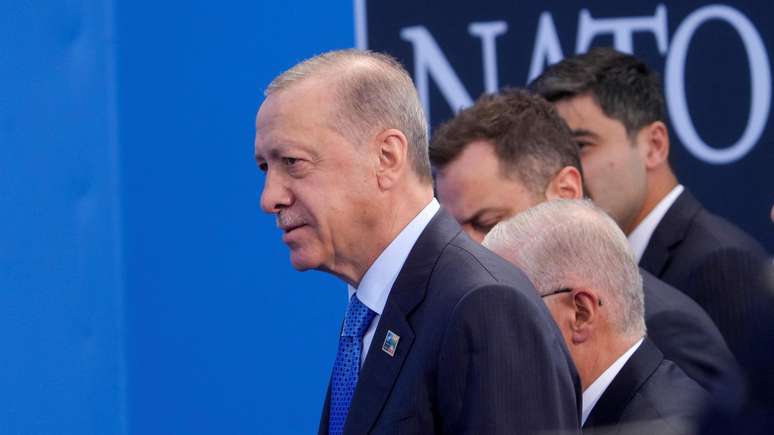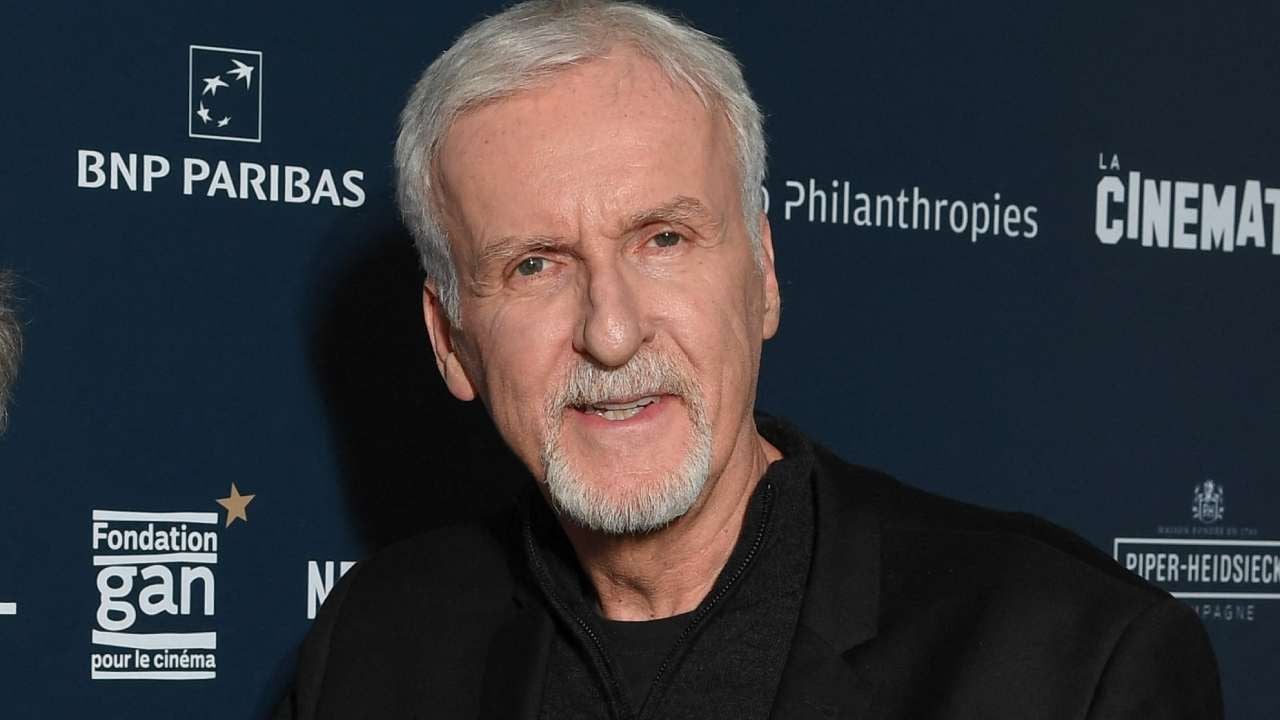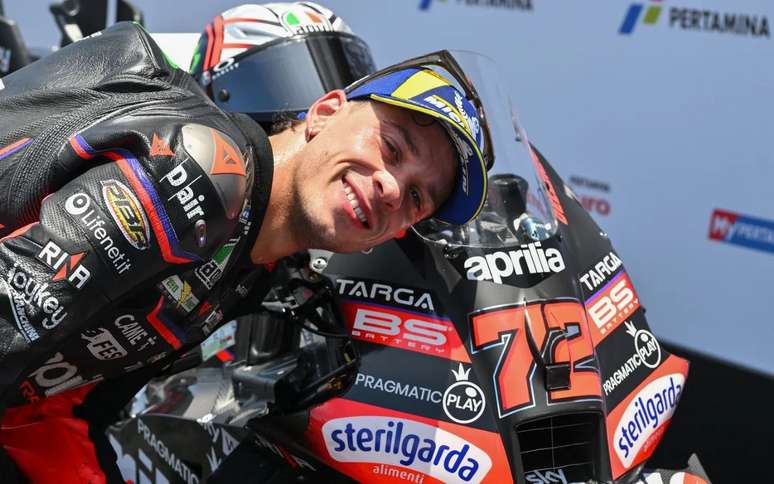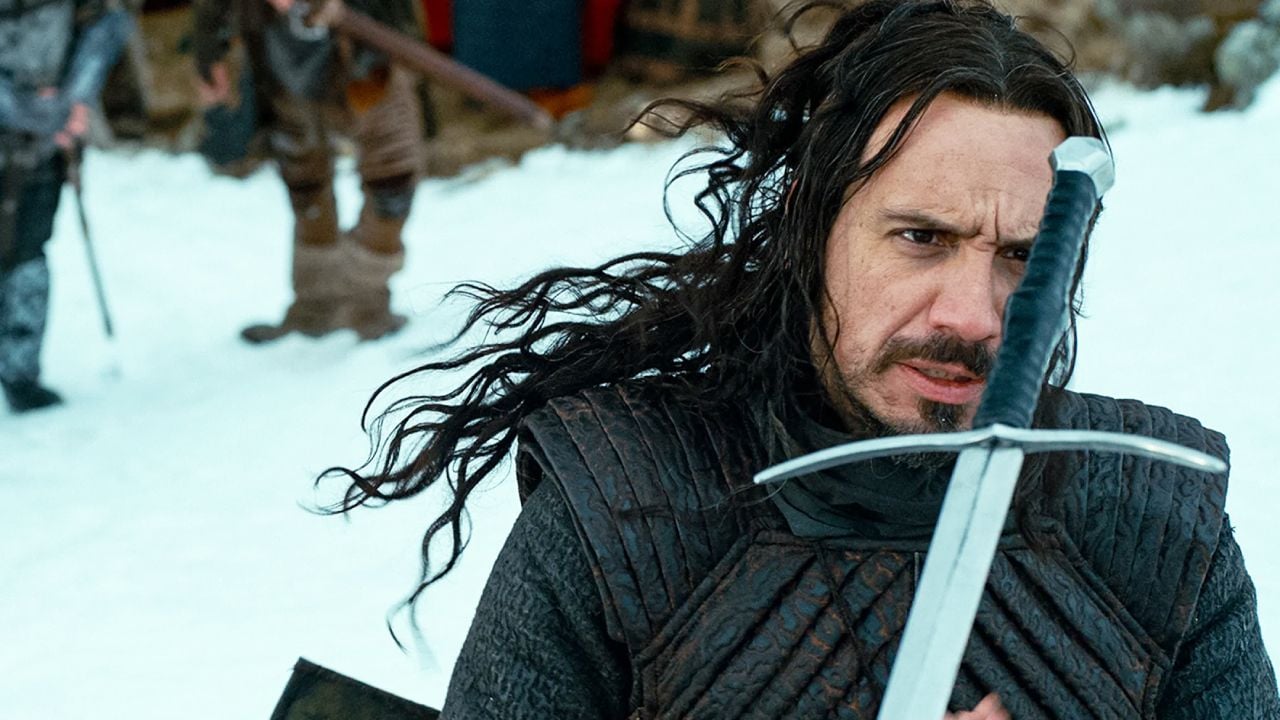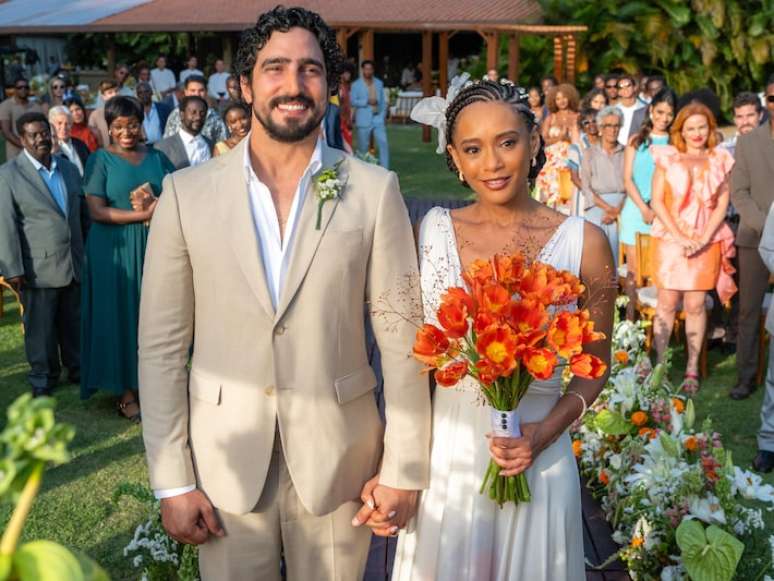The Western military alliance does not want to promise Kiev too much, but is trying to use the incentives to change Putin’s strategy.
The leaders of the Western military alliance NATO are meeting in Lithuania, starting this Tuesday (7/11), for a crucial summit, which could determine the course of the war in Ukraine and the future of the alliance.
The 31 allies hope to show Russia that they are determined to support Ukraine militarily in the long term.
The meeting began with an extra push for the group after Turkey withdrew its objections to Sweden joining the alliance.
NATO members have yet to reach a consensus on Ukraine’s intention to join the alliance.
Some allies are believed to be promising Kiev new security guarantees aimed at deterring future Russian aggression. They will also discuss supplying more weapons and ammunition.
On the issue of membership, Ukrainian President Volodymyr Zelensky wants NATO to say that Ukraine can join as soon as possible after the fighting ends, explicitly stipulating how and when that will happen.
But some NATO nations are reluctant to accept Ukraine’s membership, fearing pledges in Kiev could give Russia an incentive to prolong the war.
NATO Secretary General Jens Stoltenberg said no final decision had been made on the content of the final communiqué, but added: “I am absolutely certain we will have unity and a strong message about Ukraine.”
The meeting takes place until Wednesday (7/12).
After talks on Monday evening (7/10), he announced that Turkey had agreed to support Sweden’s application to join NATO. The news was well received by the United States and Germany, as well as Sweden itself.
Turkey has spent months blocking Stockholm’s bid, accusing Sweden of harboring Kurdish militants. Stoltenberg said the two sides would work together to address Turkey’s “legitimate security concerns”.
Turkish President Recep Tayyip Erdogan has previously suggested he will back Sweden if the European Union reopens talks about Turkey joining the bloc, a request that has been rejected in the past by EU officials.
During the two-day meeting, NATO leaders are expected to agree on new plans to defend the alliance against future Russian aggression by building up its forces in the east.
And NATO is also expected to increase its financial commitment, setting a target of 2% spending of national wealth on defense. Rishi Sunak’s spokesman said the British prime minister would speak directly with allied countries to achieve this goal.
Security has been tightened in Vilnius, with NATO forces – including Patriot air defense missiles – defending the summit. The meeting takes place a short distance from Belarus and the Russian exclave of Kaliningrad.
The overall goal of the meeting is for NATO to show President Vladimir Putin that it has a long-term military commitment to the alliance with Ukraine.
Officials hope this will prompt the Russian leader to change his plans, making him question whether he can expect more from the West.
This is why some analysts see this summit as perhaps as important as military gains on the battlefield in persuading Putin to change his strategy.
Some NATO members will promise Ukraine new security guarantees. US President Joe Biden has suggested that Ukraine could get the kind of military support his country offers Israel: long-term pledges designed to deter would-be attackers.
The alliance will also strengthen its institutional ties with Ukraine. An existing forum – the NATO Commission on Ukraine – will be expanded, called the NATO Ukraine Council. This will give Ukraine the ability to convene alliance meetings as an equal partner.
“The right to be consulted is not a trivial thing,” one official said.
But perhaps the most important thing about this meeting is that some members could come to define more explicitly the steps for Ukraine’s accession to the alliance.
NATO agreed at its 2008 summit in Bucharest that Ukraine “will be” a member and supported its candidacy. But the alliance did not say how or when that might happen. Critics say setting a destination for Ukraine, but failing to spell out the right path to membership, allowed Putin to risk carrying out the 2014 and 2022 invasions of the country.
US President Joe Biden will meet Zelensky at the summit, a US official told Reuters news agency, though the Ukrainian president has yet to officially confirm his attendance at the event.
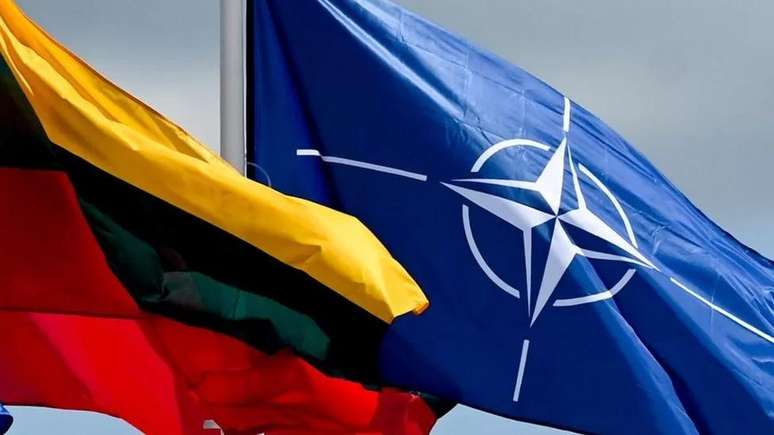
Kiev understands that NATO cannot formally invite Ukraine to join the alliance while the war rages on.
This would risk plunging the alliance into war with Russia, as NATO would be obliged under Article 5 of its treaty to defend any member that comes under attack.
Instead, Kiev wants a clear postwar membership commitment with a clear timeline, so it knows victory will bring security under NATO’s nuclear umbrella.
One way for NATO to signal its desire to accept Ukraine’s membership would be to shorten the so-called membership application plan, known as the MAP. This is the formal process of verifying whether a country meets NATO’s stringent military and government standards, and it can take decades.
But it is what NATO has to say about Ukraine’s accession that is dividing the alliance.
The Baltic states and Eastern European nations are pushing for as much clarity as possible. They want the alliance to make clear how much progress Ukraine has made towards membership, especially how much closer its military can operate to other NATO forces now that it shares similar weapons and strategies. They also want NATO to clarify what other conditions Ukraine must meet to join the alliance.
Lithuanian President Gitanas Nauseda said NATO must prevent Ukraine’s membership from becoming something like this on the horizon: “The closer you get, the further away you go.”
But some allies, including the US and Germany, are unwilling to promise Ukraine too much. They want Ukraine to do more to fight corruption in the country, strengthen its judiciary and ensure civilian control over its military.
Some also fear that NATO will be drawn into an open conflict with Russia. They fear that promising Ukraine’s accession after the war would give Putin an incentive to escalate the conflict, maintaining low-intensity fighting for too long to prevent Ukraine from joining.
Other allies also fear losing room for maneuver in postwar negotiations. They want to use the promise of NATO membership as an incentive for Ukraine and a threat to Russia, but only after the fighting is over.
Source: Terra
Rose James is a Gossipify movie and series reviewer known for her in-depth analysis and unique perspective on the latest releases. With a background in film studies, she provides engaging and informative reviews, and keeps readers up to date with industry trends and emerging talents.

